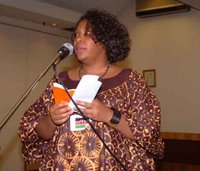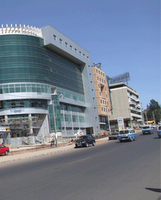Co-Founder of Thamel.com Bal K. Joshi writes:
"Productized" remittances deliver greater economic impact than traditional cash remittances for several reasons. The cost to the sender for the money-transfer element of the transaction is lower, thus increasing the buying power of the remittance. The remittance sender maintains more control over the use of the remittance, thus lowering waste and misuse of the money. The productized remittance platform offers the sender more options for investment, including financial services like bank-based savings accounts, loan-based purchases, and access to capital.
via NextBillion

















